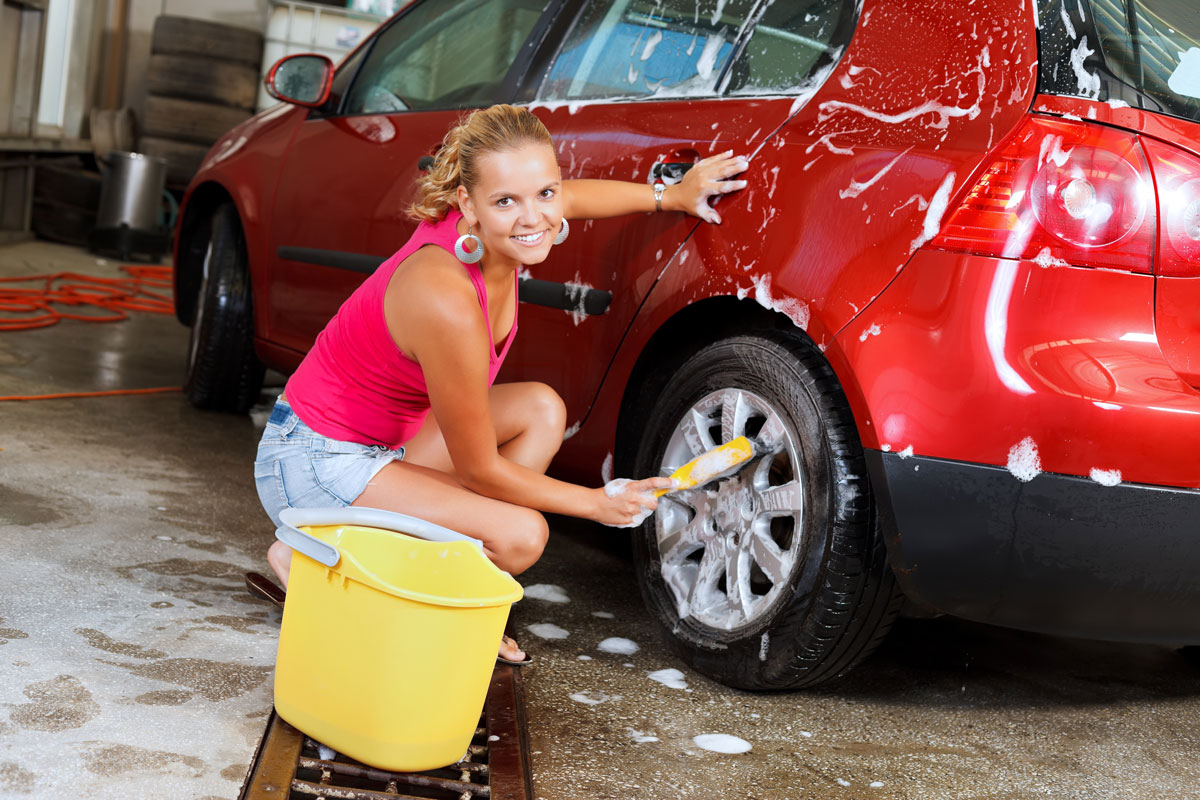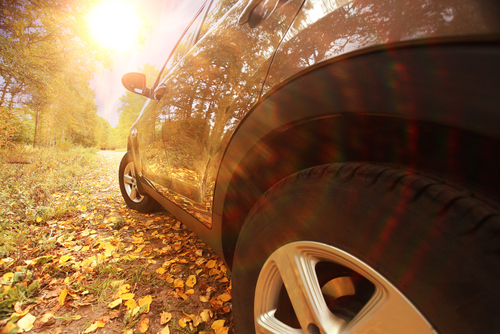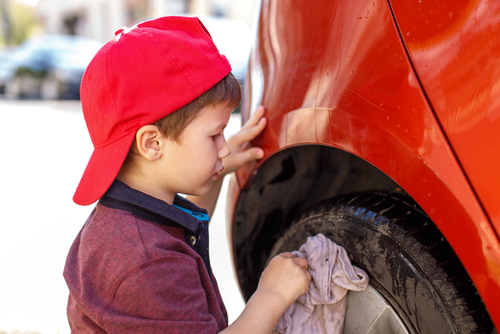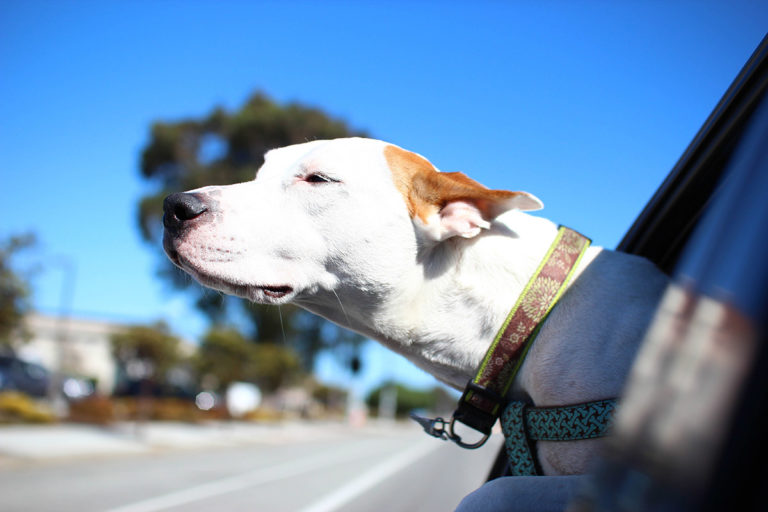How to Clean and Detail Aluminum Wheels
Most wheels on today’s vehicles are made of an aluminum alloy, which is lightweight, strong, and heat-resistant—all things you want in something you drive on every day. When they’re new or polished, these types of wheels can look very attractive, since they’re also designed to be low-maintenance. However, over time, dirt and debris from the road can cake on and leave your wheels looking dingy. Brake dust can also be particularly damaging, since it is corrosive and tends to gather in all the wheel’s nooks and crannies.
The next time you’re at the car wash, take a few extra minutes to clean and detail your aluminum wheels—not only will you drive off with a much better look overall, but you’ll extend the life of the wheel.
- Step One: As is the case with almost all parts of the car wash, it’s best to start with a rinse. Most experts recommend that you start your car wash with your wheels anyway, so begin by removing any loose dust and dirt with a high-powered spray. Don’t forget to focus on all the crevices, including the area behind the wheel, the wheel wells, and even the lug nuts, which can gather and hide quite a collection of gunk.
- Step Two: Not all aluminum wheels are created equally, so be sure you know what you’re dealing with before you choose a cleaner. Wheels that are straight aluminum will stand up to harsher polishes and chemicals; those that are coated to protect from oxidation (which is most of them) will need non-acidic cleaners that won’t strip the coating away. If in doubt, test a small area before you attack the whole wheel.
- Step Three: Use a brush with soft bristles to scrub the wheel. Hard bristles might get at the dirt faster, but they can leave unsightly scratches behind. Softer bristles will work like a toothbrush to gently remove the worst debris.
- Step Four: Rinse once more before taking the time to dry your wheels, since metal tends to show water spots worse than paint. Some people recommend you use a darker microfiber fabric since you may still encounter grease spots that can stain.
If you take all these steps and the metal still looks rusted, old, or tired, there’s a chance your wheels are straight aluminum and oxidation has worked into the metal. In this case, your wheels will require a more intensive polish, including buffing and waxing. If you aren’t comfortable or don’t have the tools, then you may need to look into professional detailing or even bodywork and repair to get the job done.




